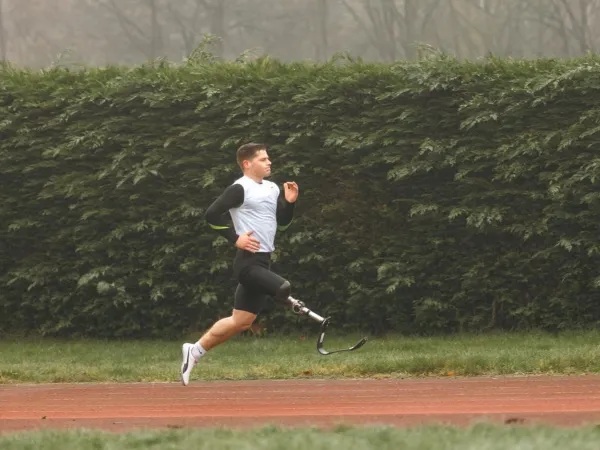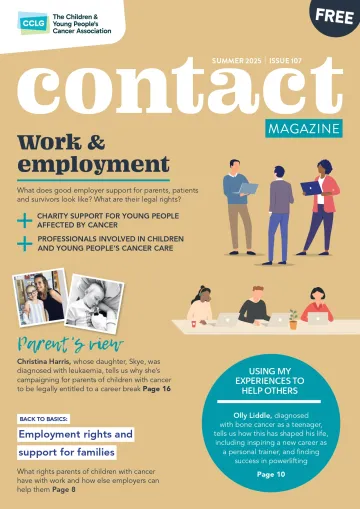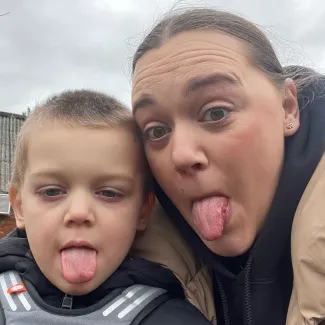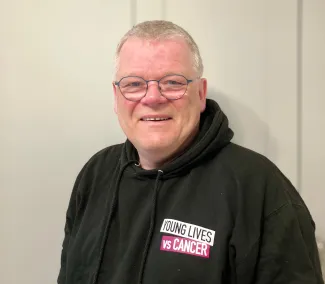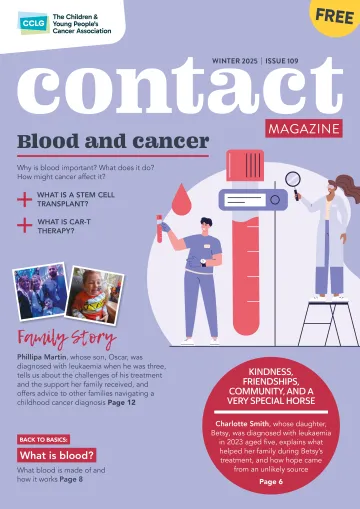Life was very different before cancer. I could run, swim and jump with a carefree spirit, and my world revolved around sports. I took pride in representing my school in cross country competitions and thrived as a rugby player for my local club, Rockcliff. The thrill of the game fuelled my dreams and ambitions, and I saw a future where I would play professionally. With every match and practice, I felt untouchable, as if nothing could stand in the way of my aspirations. However, life is unpredictable, and I learned this lesson the hard way.
At 13 years old I received a life-altering diagnosis of osteosarcoma, an aggressive bone cancer affecting my right knee. The tumour had extended 10 centimetres down my fibula and tibia, meaning I needed immediate treatment. I began my nine-month chemotherapy cycle in 2018 and underwent an amputation to my right leg above the knee. Unfortunately, this wasn't my first brush with cancer as my mum was diagnosed with breast cancer when I was seven years old and sadly died. Her courageous attitude has left an indelible mark on my life, serving as a powerful motivation for everything I do.
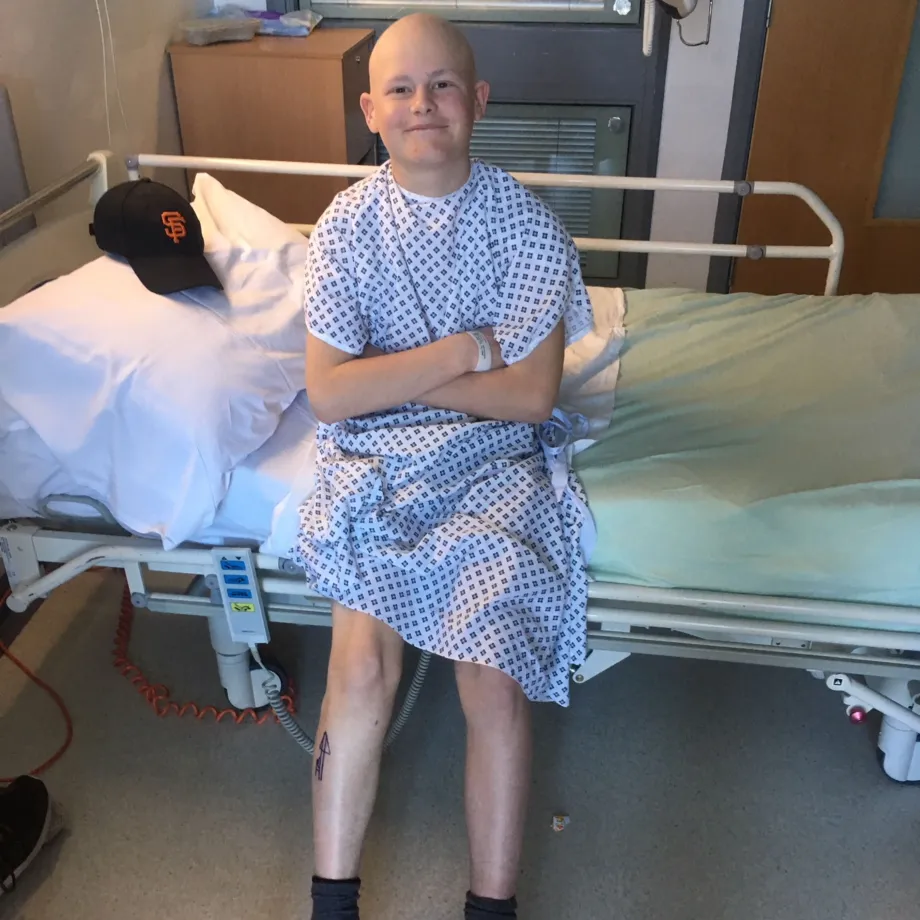
The challenges of my treatment
Undergoing treatment was a significant challenge for me, especially when it came to my lung surgery. Doctors found suspicious bone fragments in my lungs that raised concerns about cancer, prompting the need for surgery. The procedure required a sternum incision, which meant a lengthy and difficult recovery process. In the days that followed the operation, I faced immense physical limitations. Simple movements were a struggle, and even using a wheelchair was painful and demanding due to the strain on my sternum. I spent approximately three weeks in intensive care before I was eventually discharged.
Adjusting to life at home post-surgery proved to be quite challenging. I had to move my bed into the front room because I couldn’t manage the stairs. I truly appreciate my surgeon for meticulously repairing me, as I don’t recall facing any complications during my recovery. This operation was just over halfway through my chemotherapy plan. After recovering, I received some positive news: the cancerous bone fragments found in my lungs contained only dead cancer cells, indicating that the chemotherapy had been effective. Encouraged by this, my medical team put me on a milder chemotherapy cocktail to help me to the finish line. During this time, I experienced a renewed sense of happiness, knowing I was nearing the end of treatment. Additionally, my physiotherapist provided me with exercises designed to strengthen the muscles in my residual limb, further supporting my recovery and wellbeing.
Returning to ‘normality’
At this stage, all I wanted was a semblance of normality. Though it would be a ‘new normal’, as I’d now navigate life with a prosthetic leg, there was hope on the horizon. After a few more months of chemotherapy, the day finally arrived when I was given the all-clear. An overwhelming wave of happiness and relief washed over me, and I was ready to embrace my new journey with resilience and gratitude.
My philosophy’s built around the belief that a life-changing surgery, or the loss of a limb, doesn’t mean you have to abandon your goals.
Then, I faced a new challenge when I received the all-clear to walk on my prosthetic leg. It was a turning point in my life, especially as I was still in school, which I struggled with as I have dyslexia. I had concerns about being held back a year because of the time I missed, but my school recognised my determination and allowed me to return to my original year. This meant the world to me, as it gave me the opportunity to reconnect with my friends and experience that sense of normality that I craved.
Rebuilding my fitness and athletic achievements
I developed a strong ambition to prove that losing my leg didn’t change who I was. I’m still Olly. I wanted to show everyone that I could navigate life’s challenges without being pitied or seen as someone to feel sorry for. In fact, it became clear to me that I had a lot to prove, not just to others but to myself. I knew I had to start somewhere if I wanted to reclaim my confidence. After finishing chemotherapy, I felt weak, thin and self-conscious. I was determined to change that. My dad put me in touch with a personal trainer called Steve Sharp, who had experience working with amputees. He admitted that this journey would be new for us both, but his expertise in muscle growth and motivation was exactly what I needed.
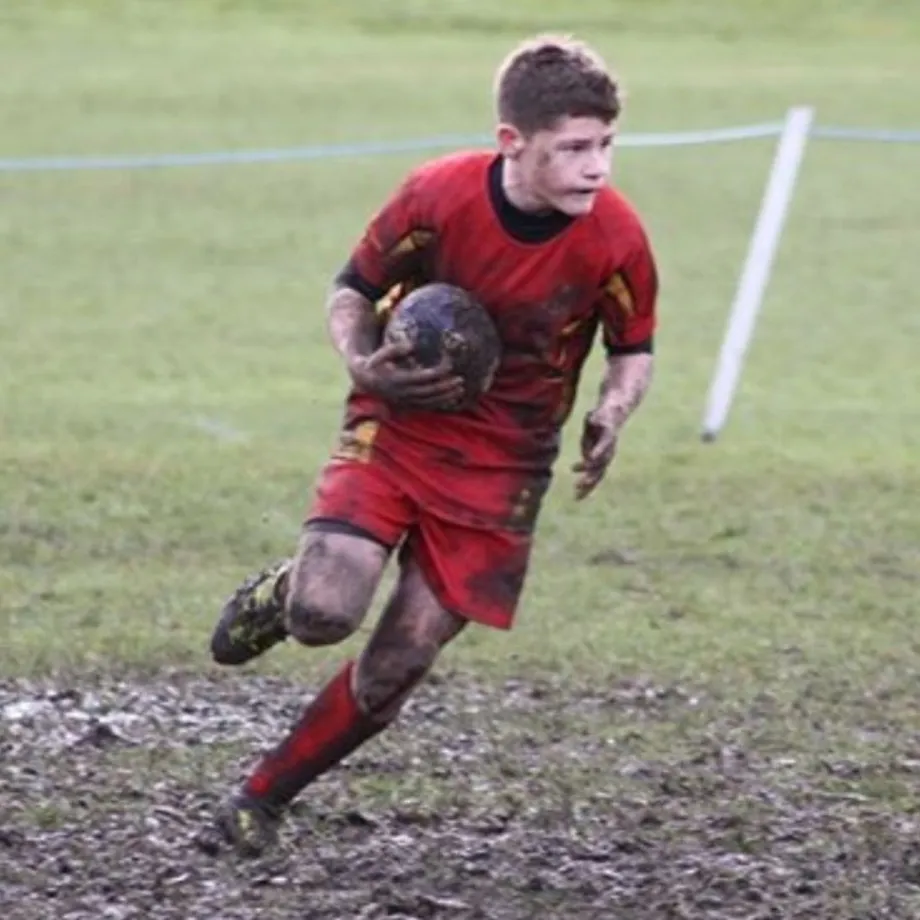
Slowly but surely, I began to see progress, not just in the gym, but also at the limb centre, where I was eventually fitted with a prosthetic leg to help in my daily life. Everything started to fall into place, and I could feel my strength and determination growing. After several months of staying consistent in both the gym and my studies, things started to look a bit brighter.
While I couldn’t return to rugby, my club supported me unwaveringly, which I’m eternally grateful for. Instead, I discovered a new passion in weightlifting, specifically paralympic powerlifting. I found bench-pressing on a flat bench to be the perfect fit, as it allowed me to focus on upper body strength while I was still adjusting to my prosthetic leg. Thanks to Steve, who leveraged his connections, I was able to showcase my skills in bench-pressing. Soon enough, I was in discussions with the GB paralympic powerlifting pathway coaches, who told me about the opportunities and competitions ahead if I committed to their programme. This was a game-changer for me, providing a renewed sense of purpose and a clear goal to work toward.
I threw myself into training, working tirelessly to secure a spot on the GB squad. One of my first competitive experiences came when I was flown to the World Championships in Tbilisi, Georgia, representing the under 72 kg category. It was exhilarating, and I proudly returned home with a bronze medal. Additionally, I won gold at the British Championships, marking a milestone in my paralympic powerlifting journey. In addition to my weightlifting, I also had the incredible opportunity to receive a running leg through the NHS, which transformed my life. It reignited my passion and reshaped my approach to goal setting. One of my dreams during chemotherapy was simply to run again, and that dream became a reality when I joined my local athletics club, North Shields Poly. I then decided to explore endurance sports by training for triathlons, something that I proudly continue. I have my sights set on completing a ‘half outlaw’ - a 1.2-mile swim, a 56-mile bike ride, and a 13.1-mile run. My goal is to raise money for cancer research, turning my personal challenges into a force for good.
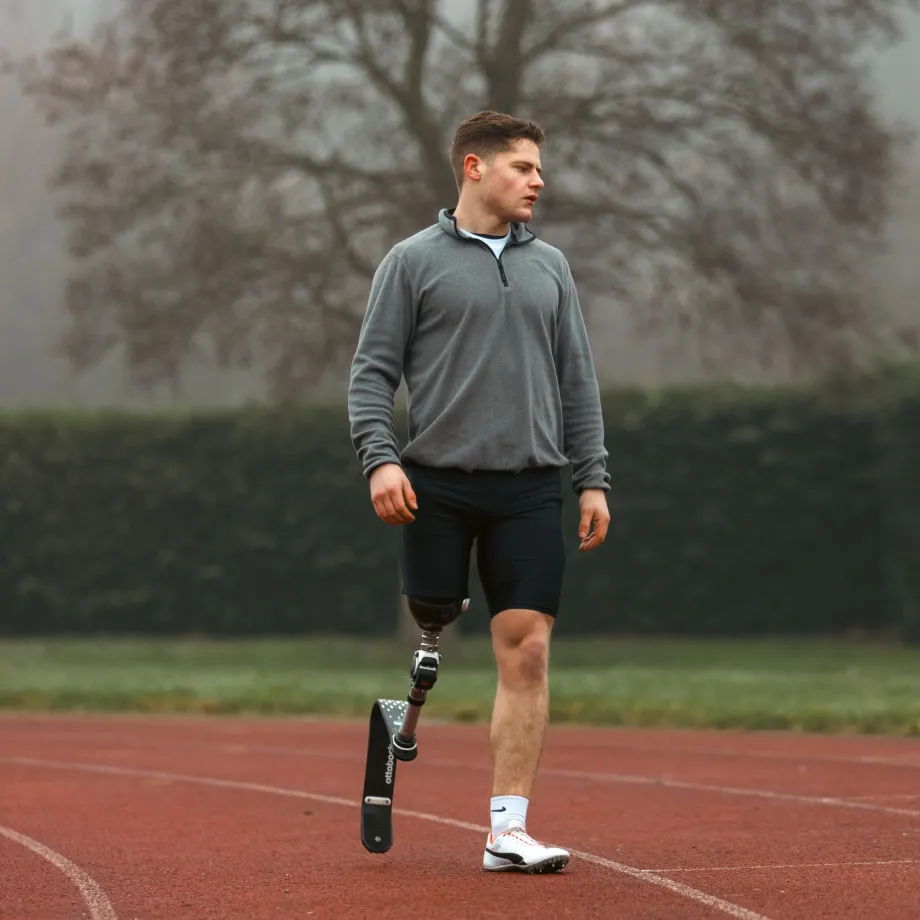
I developed a strong ambition to prove that losing my leg didn’t change who I was. I’m still Olly. I wanted to show everyone that I could navigate life’s challenges without being pitied or seen as someone to feel sorry for.
Building a new career
Through my personal journey, I've come to realise a significant gap in the fitness industry: the absence of personal trainers who specialise in supporting amputees and individuals who have lost mobility through surgery. This realisation sparked a passion in me to dedicate my career to helping as many amputees as possible to reach their fitness aspirations.
I’m proud to say that I’ve become a certified personal trainer and launched my own business aptly named, UNLIMBITED. My philosophy’s built around the belief that a life-changing surgery, or the loss of a limb, doesn’t mean you have to abandon your goals. On the contrary, it offers new avenues for potential and achievement. Everyone has incredible strength within them – it just needs to be recognised and harnessed.
From Contact magazine issue 107 | Summer 2025

